Why Do Soccer Players Walk Out With Kids?
You’ve seen it before every World Cup match, and indeed, just about every professional soccer game played anywhere over the past couple of decades. A starstruck child accompanies a player onto the field, then stands in front of him while the crowd sings the national anthem(s). What’s that about?
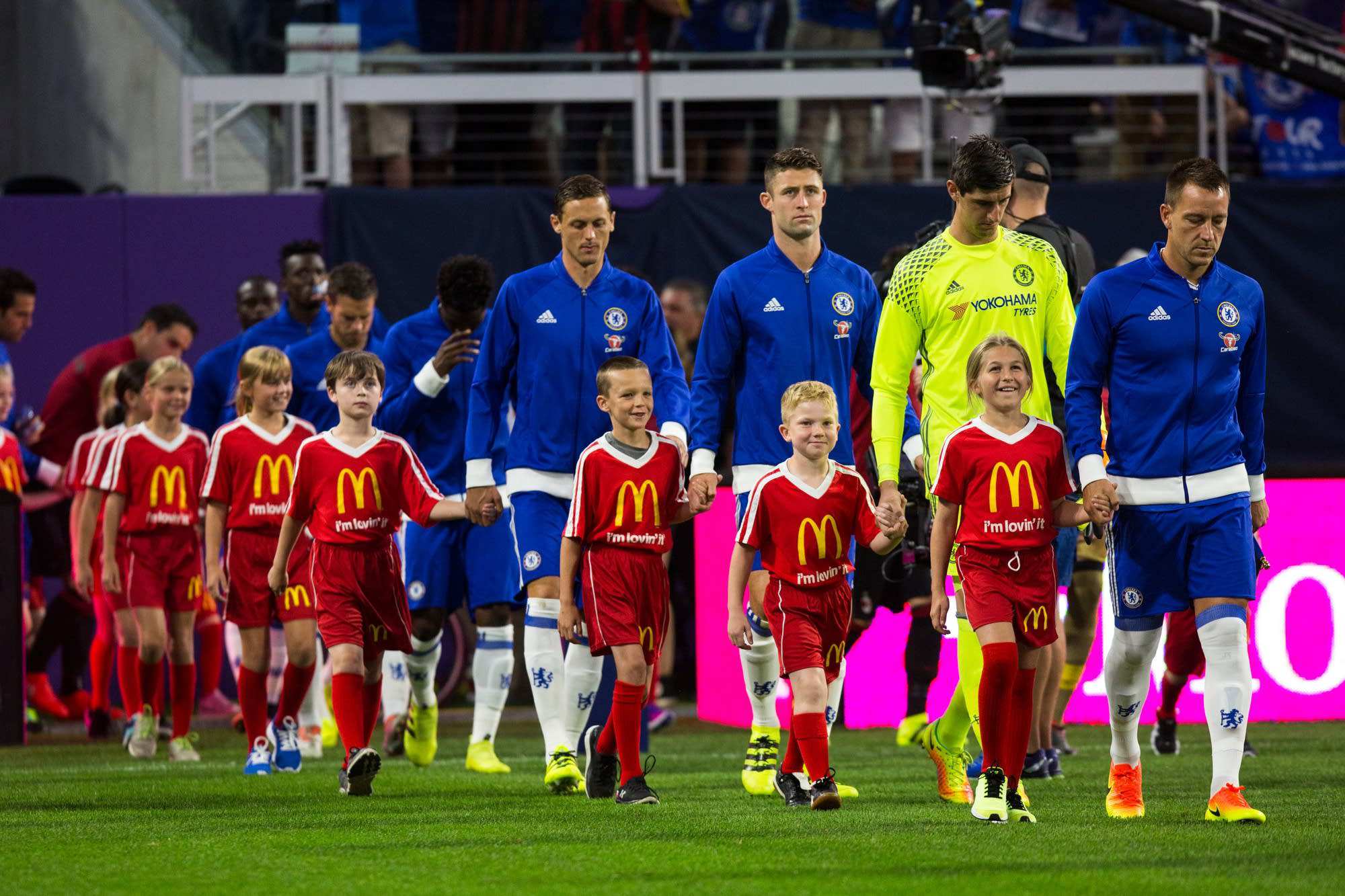
Well, there are a lot of reasons, and depending on who you talk to they can vary from, “It’s to protect the players. Fans are less likely to throw things at the players if there are children right next to them,” to, “the clubs make money off of it.” While it is probably impossible to find out if child escorts actually are glorified deterrents, it is true that clubs can make money off of mascots by charging families to have their kids be one.
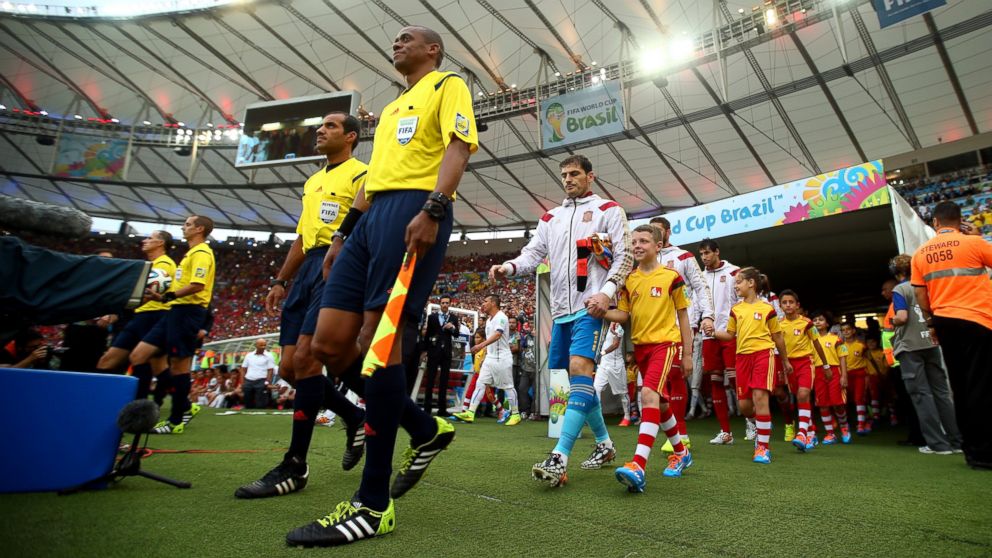
Most importantly, the overarching utility of child mascots lies in public relations. It just looks good to have your team walk out with the innocence and purity of children right next to them. Teams often select children from local schools or clubs, or champions of local youth tournaments and leagues. They will take a page out of the Make a Wish Foundation’s book and select a sick, handicapped, or underprivileged kid and let them meet the players do various other things in addition to the normal walk out. Having escorts allows the teams to set an example, showcase values, and portray themselves as the role models society prefers them to be.
News
-
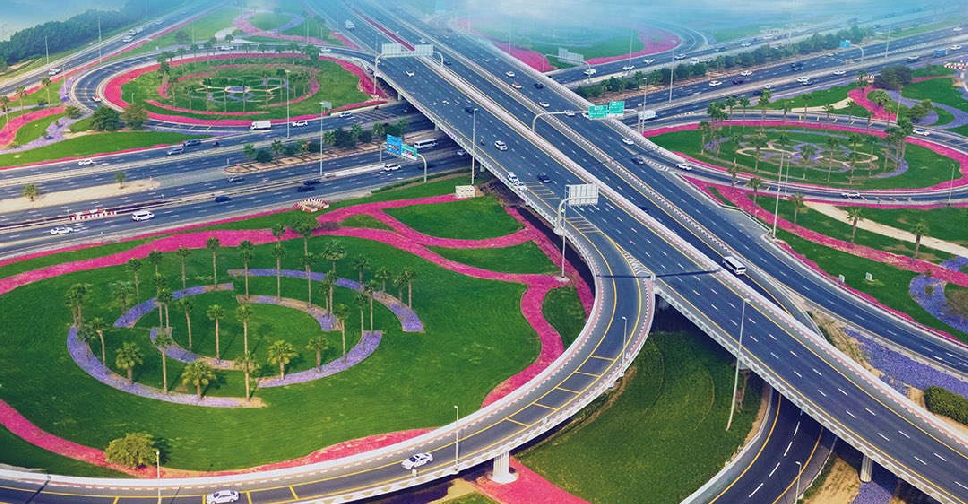 More than 300,000 trees planted as part of Dubai’s green push
More than 300,000 trees planted as part of Dubai’s green pushDubai Municipality has completed a series of landscaping and afforestation projects across key roads and intersections in the first half of 2025, as part of its broader Green Dubai initiative.
-
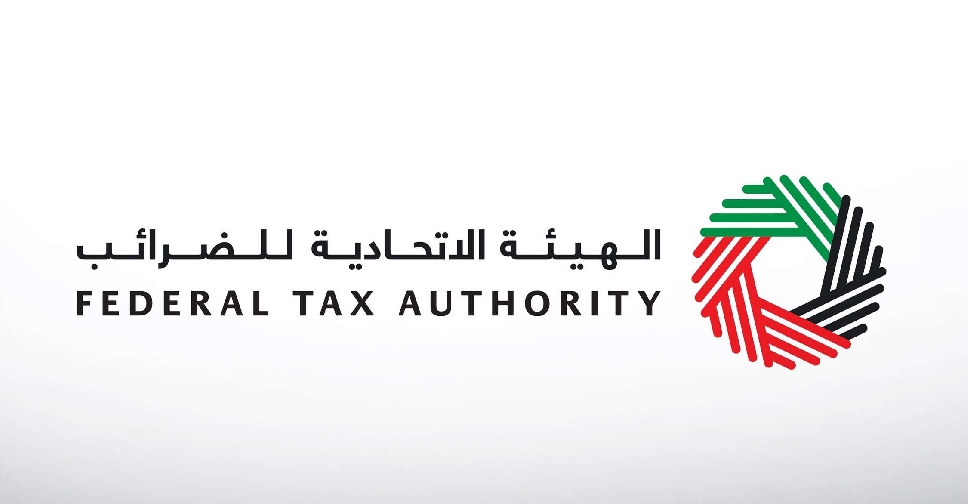 Over 3.5 million illegal excise goods seized in Dubai operation
Over 3.5 million illegal excise goods seized in Dubai operationIn a major crackdown on tax evasion, inspectors from the Federal Tax Authority (FTA) have seized over 3.5 million illegal excise goods from a facility in Dubai.
-
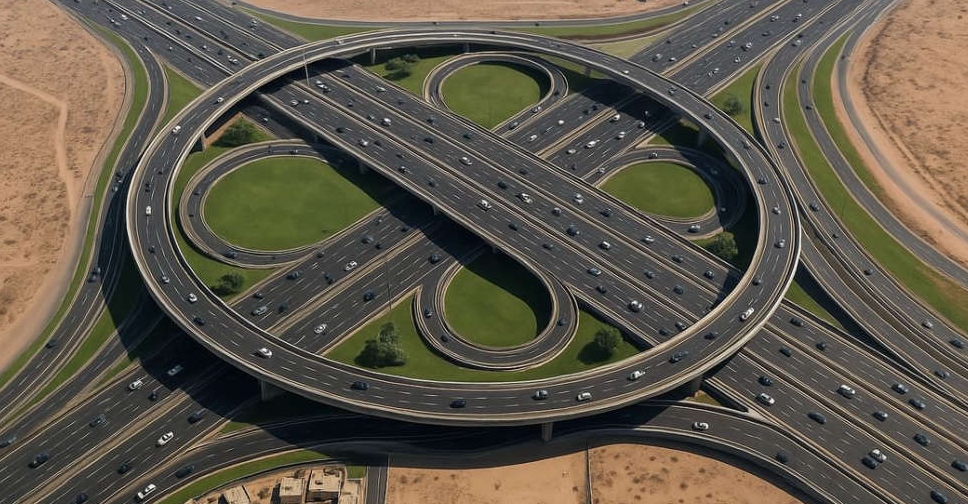 Emirates Road to undergo AED750 million makeover
Emirates Road to undergo AED750 million makeoverStarting September, Emirates Road will undergo a massive makeover over the next two years at an estimated cost of AED750 million.

